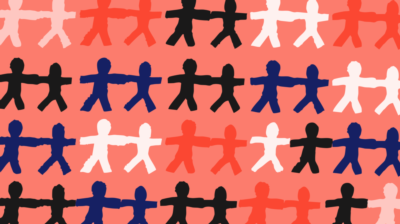Journal Article
| 2006
The Millions Return: Democracy in Bolivia at the Start of the 21st Century
in Bulletin of Latin American Research vol. 25 no. 2 May pp. 157-162
Over the last few years Bolivia has been the scene of a series of violent confrontations between the government and a range of social interest groups. These confrontations have led to a rising death toll amongst protestors, the burning of government buildings and the resignation of two Presidents: Gonzalo Sa´nchez de Lozada in October 2003 and Carlos Mesa in June 2005. By the end of 2005, Bolivia had had three presidents in one year, as Carlos Mesa's successor, Eduardo Rodrı´guez, immediately called early elections for December 2005, in order to pacify the protestors. At the time that this issue went to press, Evo Morales, the indigenous coca-growers' leader, had just won those elections with 54% of the vote. Alongside the ramifications of these developments or national olitics, the years since 2000 have seen rising international interest in the country as a symbol of anti-globalisation sentiment and action. Both regionally and globally, analysts and politicians have recognised the importance of a series of events, particularly the 'Water War' of April 2000, the 'Gas War' of October 2003 and the protests of mid-2005. We summarise the most important ones in the timeline at the end of this introduction. They are a central link in the chain of events that many interpret as a contemporary 'turn to the left' in Latin America, and as a result the eyes of the world are on Bolivia, from all sides of the political spectrum.







